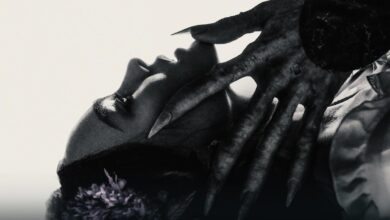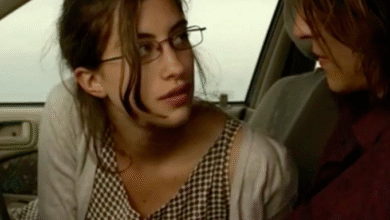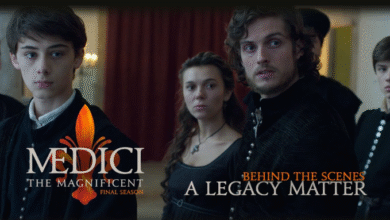Back Roads (2018): “We’re all a little broken.”
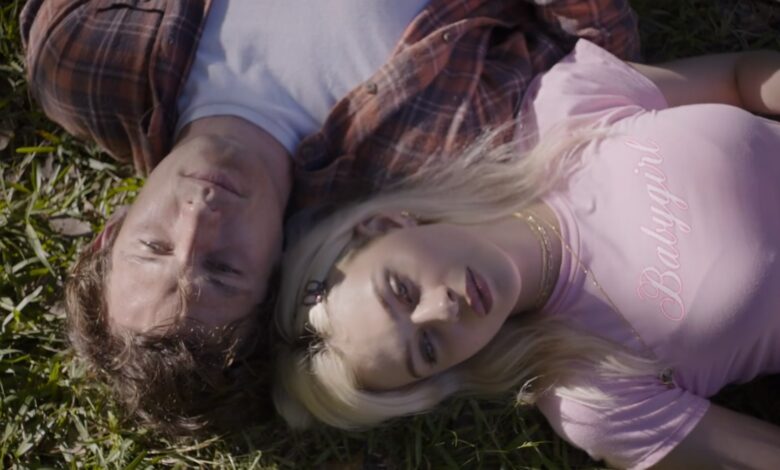
In the shadows of rural Pennsylvania, where silence weighs heavier than truth, Back Roads unfolds like a smoldering confession nobody dares to make.
Harley Altmyer (Alex Pettyfer) isn’t your typical small-town boy. Left to care for his three younger sisters after his mother is jailed for killing their abusive father, Harley becomes a silent guardian — and a prisoner of a life he never chose. The roads he drives each night are more than empty highways… they are the twisting veins of a past he cannot outrun.
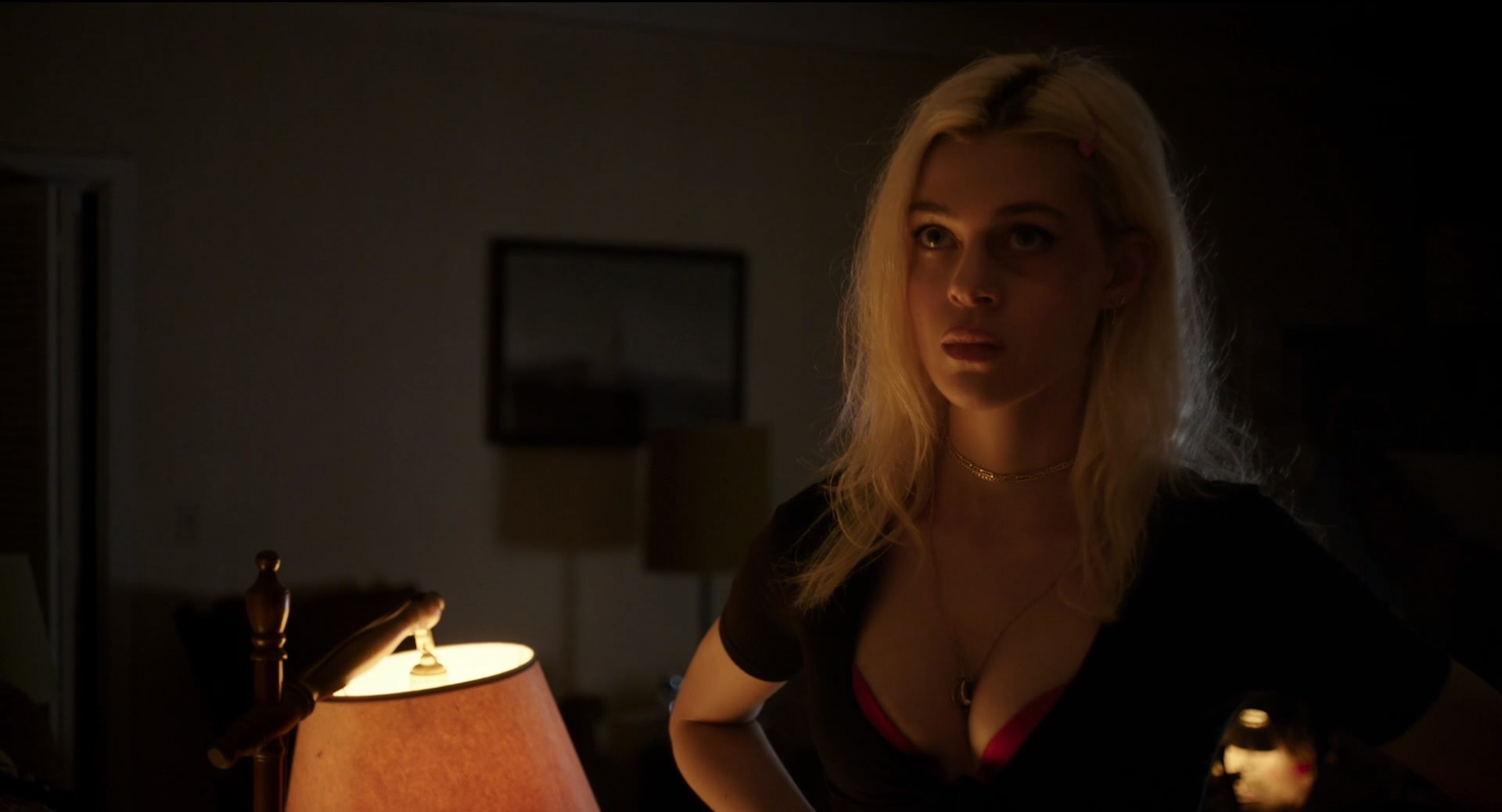
And then comes Callie — a married woman with desires as dangerous as his own. Their affair ignites like a cigarette in a dry forest, brief but destined to burn everything in its path. It’s more than forbidden love; it’s a slow dance with guilt, a reckless craving for someone else’s warmth in a world that’s always been cold.
But Back Roads isn’t just about lust and secrecy. It’s a raw, brutal dissection of what happens when broken souls try to heal each other with broken hands. Alex Pettyfer’s performance smolders with quiet agony, while Jennifer Morrison’s portrayal of Callie is a haunting study of loneliness wrapped in temptation.
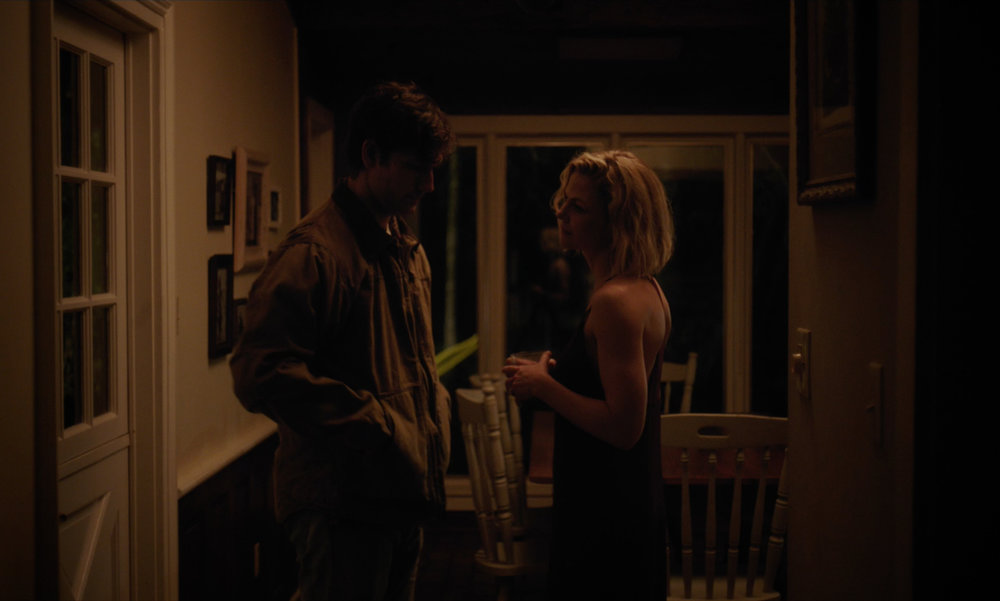
The film strips the American family myth bare, showing how trauma is inherited like a silent curse. Every character wears their wounds like invisible tattoos — seen only when they bleed.
And in one devastating line, the heart of the film pulses through:
“We’re all a little broken.”
A whisper of shared pain. A scream beneath whispered lies. In Back Roads, no heart leaves unscarred.

